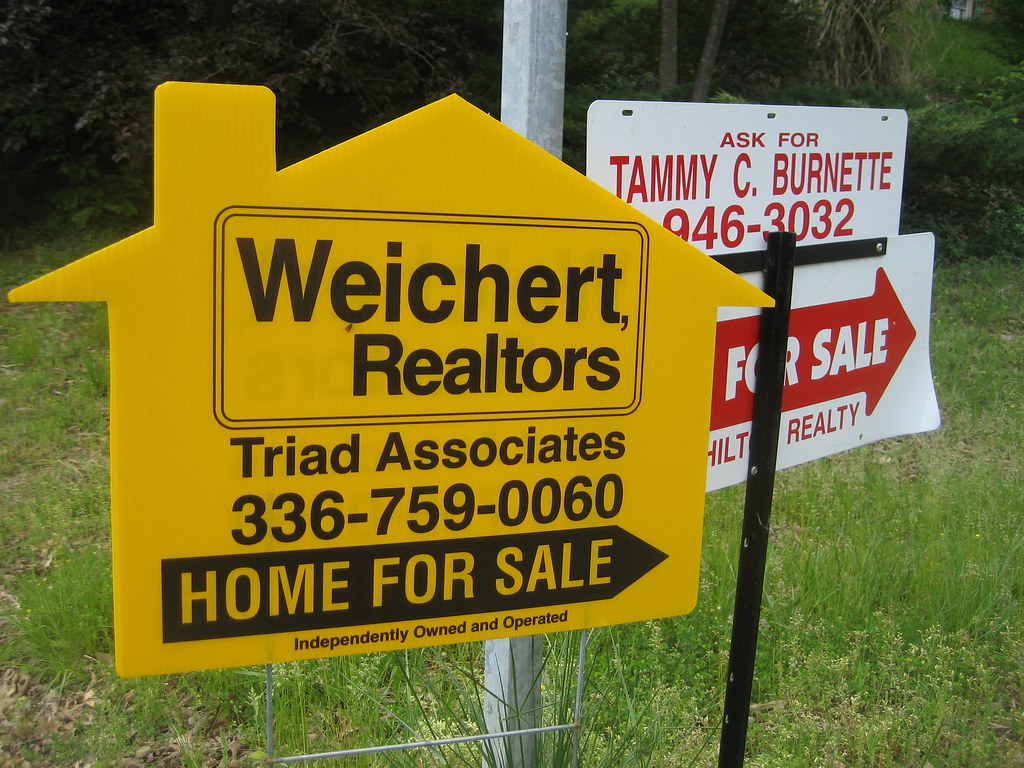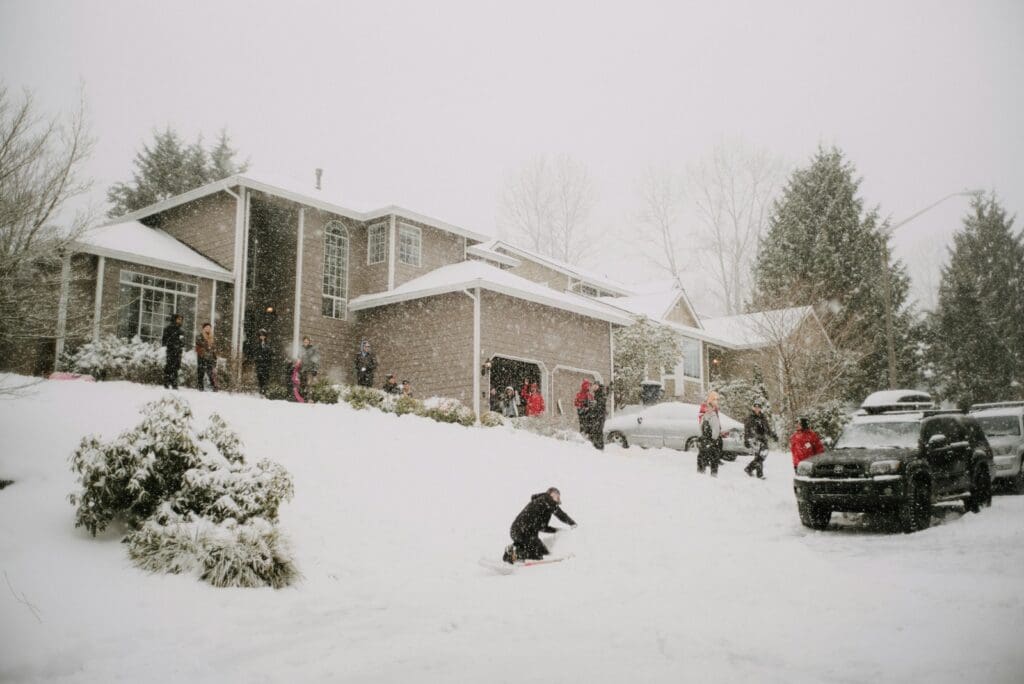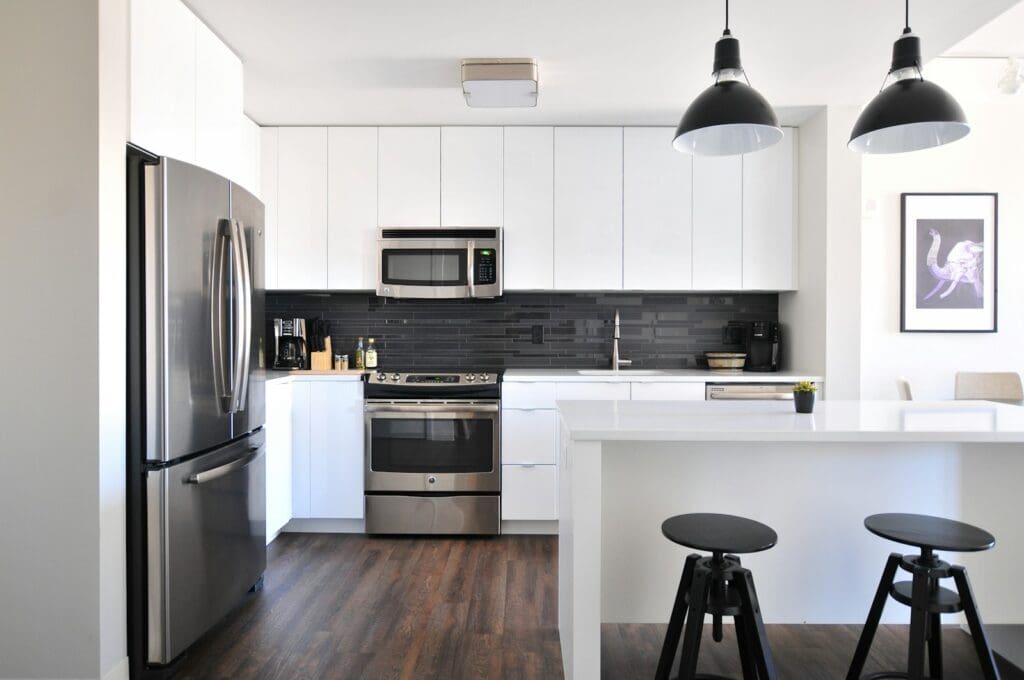Selling a home requires effort, patience, and a strategy. First-time sellers or homeowners selling without a realtor can be snared by many pitfalls. Avoiding these 20 mistakes can help your home sell faster and at the right price.
20. Not Hiring a Real Estate Agent

Some sellers try to save the 6% realtor commission by selling their home without one. But there are many pitfalls along the way to selling the home and numerous issues can arise. An experienced knows what to watch for and can help you avoid costly mistakes. Without a realtor, you may have to pay an attorney to do the paperwork.
19. Failing to Market Your Home

A homeowner selling without a realtor often fails to adequately market their home. Not only will a realtor include your home in the MLS listings, but will also create flyers that can be picked up outside the home, stage open house events, and more. When choosing a realtor, ask them if they intend to market your home aggressively.
18. Failing to Put up a Sign

One of the first things realtors do is erect a “For Sale” sign outside your property. However, homeowners selling on their own sometimes fail to do this. Many local buyers hunt and drive through local neighborhoods they’d like to live in looking for “for sale” signs. Tip: Do all repairs and be prepared for viewings before putting up a sign.
17. Becoming Emotionally Invested

Because your home is personal to you, it’s easy to become emotionally invested in the process of selling the home. It can be especially hard to listen to buyer criticism or changes they plan to make. You need to take the mindset of a salesperson whose only interest is making the sale and think purely from a financial perspective.
16. Asking for an Unrealistic Price

It’s important to do a comparative market analysis. If similar homes in your area are selling for much less, your home is unlikely to appraise for an unrealistically high figure. Lenders may not loan buyers the amount you’re asking. That narrows your buyers to those who have the extra cash, making your home much harder to sell.
15. Selling in the Winter

The property market is very slow during the winter months, especially around the holidays. More people move during the spring when the weather is better and families with kids often move in the summer when the kids are out of school. It’s best to wait until spring when people are more amenable to buying and selling property.
14. Expecting a Firm Price

Smart buyers always assume there’s room to negotiate. You should expect that buyers will start with an offer lower than your asking price. You can always make a counteroffer. Sure, in highly competitive markets, bidding wars do happen these days where some buyers might offer more than your asking price. But it’s nothing you can bank on.
13. Not Including Enough Photos in Your Listing

Most buyers search for property online these days before physically going to look at a home. It’s your one chance to make a good first impression. Many sellers make the mistake of not including enough photos of their property. Worse, some sellers post poor-quality photos. Make sure to include high-quality photos that show all of your property’s best attributes.
12. Hiding Problems

You can’t hide problems for long. All problems are ultimately found through the buyer’s inspection process. You can be sued if you knowingly fail to disclose problems. Avoid all this by either fixing the problem before listing the home for sale, disclosing the problem and adjusting the price, or offering the buyer credit so they can fix the problem.
11. Concealing Information

Remember, it’s illegal to fail to disclose known problems with your home so don’t withhold information. Further, issues are likely to arise during the buyer’s inspection process. You may discover problems with your home that you didn’t realize you had. However, anything you purposely withheld will now make you look dishonest and can be a dealbreaker.
10. Poor Preparation for the Sale

Making your home buyer-ready is vital. It’s important to clean and stage your property so it looks its best. De-clutter. Eliminate foul or pet odors. When buyers see minor issues overlooked such as dripping faucets, or broken doorknobs, they wonder what other issues have been overlooked. An agent can help advise you on what issues are important to address.
9. Failing to Accommodate Buyers

If you have a prospective buyer, you need to make every effort to accommodate them, even if it’s an inconvenience for you. It’s crucial to make sure your house is clean and show-ready any time a buyer comes to visit. Failure to do what’s necessary is going to make it harder to make a sale and drag the process out.
8. Being Present During Viewings

For many reasons, sellers shouldn’t be present when a buyer comes to view their property. However, if this can’t be avoided, the next best thing is to present a positive disposition, give them space, and stay out of the way. Go outside when the buyer is inside, and vice versa. Let the realtor answer questions.
7. Failing to Mention Advantages

Make sure you or your realtor lets buyers know about the advantages of your property. Do this in the listing and/or in person. Mention nearby amenities, such as bus routes, shopping, leisure facilities, hiking trails, bike paths, good schools, etc. Highlighting the advantages will highlight other things that make your property valuable that may not be immediately obvious.
6. Not Providing All the Information

Incomplete information about your property can frustrate prospective buyers, and make the difference in your home selling fast or staying on the market too long. Make sure to craft a detailed description of your property. Double check that it includes a full description of every room, square footage, lot size, amenities, utilities, tax history, and your contact information.
5. Not Paying Attention to or Understanding Small Details

Homeowners selling without a real estate agent sometimes ignore the fine details or don’t understand them. This is another area where an experienced real estate agent is an invaluable asset. Not understanding the implications of the legal agreements can have serious consequences. Have an attorney explain anything you don’t understand.
4. Ignoring Feedback

Another advantage of a realtor is their ability to provide you with feedback on their impression of your home and from any prospective buyers who viewed your home so far. This can alert you to any problems that may be stopping your home from selling. You’ll know what to rectify and what to amplify.
3. Lack of Flexibility

If you want to sell your home fast, it’s best to be flexible. A buyer may be in the area and request a showing on short notice. Delaying them could mean they choose another property instead. The same applies to pricing. Being willing to negotiate can make the difference between selling now, months later, or not at all.
2. Lack of Proper Insurance

Most likely, your home is already protected by a homeowners insurance property. But you may want to ensure you’re also covered against accidents by someone viewing your home who decides to sue you. Simultaneously, ensure your property doesn’t have any obvious hazards. Keep buyers’ children away from the pool. Remove or secure your dog when buyers view your property.
Read More: How to Increase Your Home Value: A Guide to Home Improvement
1. Selling to an Unqualified Buyer

Unqualified buyers can waste time and money if they don’t secure financing, causing the pending sale to fall out of escrow. Make sure your prospective buyer has a pre-approval letter from their mortgage lender. For cash buyers, request a ‘proof of funds’ (POF) indicating they have sufficient funds to purchase your home.
Read More: 20 Tips to Downsize After Age 50








